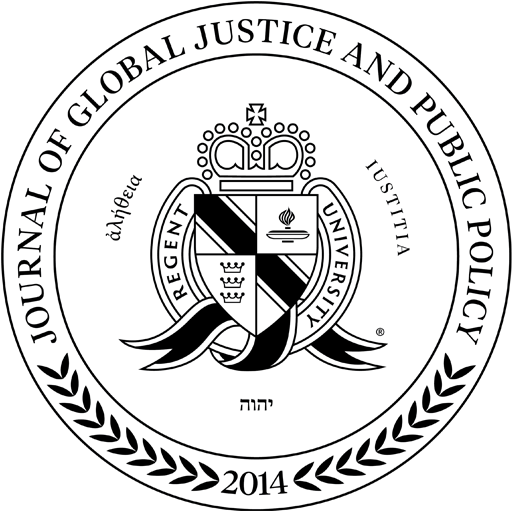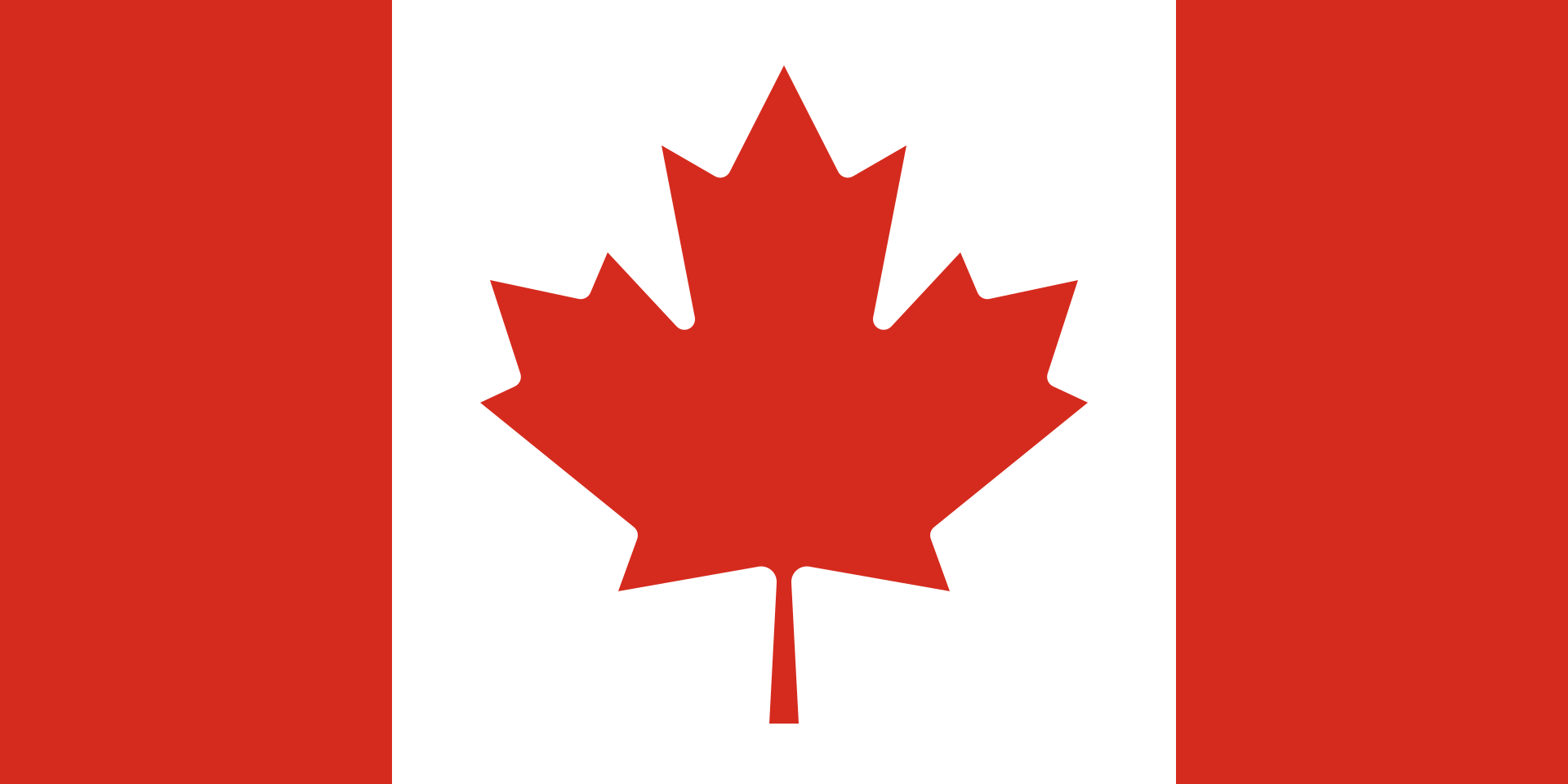Parker Wornall | 2 Regent J. Glob. Just. & Pub. Pol. 469
INTRODUCTION
On December 10, 2015, the Supreme Court of British Columbia overturned a decision by the Law Society of British Columbia (“LSBC”) that previously stood to usurp the religious rights of Trinity Western University (“TWU”) and its expected law school attendants by denying the school accreditation due to the school’s religious-based sexual restrictions on students and faculty. 1 The procedural history leading up to the Supreme Court is as follows:
The B.C. Law Society initially accredited the program, but then reversed its position after members voted against accreditation. . . . An Ontario court has already upheld the Ontario law society’s refusal to accredit TWU graduates, while Nova Scotia’s law society is appealing a court ruling that stopped it from denying accreditation to graduates. 2
The LSBC, in denying accreditation, overstepped its powers conferred upon it by the Federation of Law Societies of Canada (“FLS”).3 While the LSBC generally has jurisdiction to decide whether to approve a law school’s faculty, this jurisdiction only extends to the academic qualifications of the school. 4 This Comment will discuss how the Court correctly decided in favor of TWU, taking into consideration the otherwise sufficient academic requirements of the school and why TWU imposes sexual restrictions on its faculty and students so as to reflect evangelical Christian beliefs and practice. This Comment will also discuss how this decision serves as a great advancement for religious rights in Canada because it makes the legal profession more inclusive, and does not serve as a restriction on the LGBT community or the community at large, nor does it entail state sponsored religion.
I. THE FACTS
Evangelicalism, a protestant subculture, represents approximately 11-12% of the Canadian population, therefore forming a minority religious subculture. 5 TWU is the largest privately funded evangelical Christian school in Canada, currently offering education to roughly 4,000 students.6 The law school was still a proposal, pending accreditation, prior to the Supreme Court decision.7 TWU’s mission statement is as follows:
The mission of Trinity Western University, as an arm of the Church, is to develop godly Christian leaders: positive, goal-oriented university graduates with thoroughly Christian minds; growing disciples of [Jesus] Christ who glorify God through fulfilling the Great Commission, serving God and people in the various marketplaces of life. 8
Certain restrictions on sexual activity are practiced by Evangelicals and are therefore encompassed by the school’s mission statement.9 Such restrictions include a belief that marriage may solely exist between one man and one woman and that premarital sex is also in violation of the sanctity of marriage.10 Ultimately, students and staff are required to “sign a covenant pledging to abstain from sexual intimacy outside of marriage between one man and one woman. Critics claim it infringes the rights, in particular, of lesbian and gay students.” 11 These restrictions on sexual behavior are ultimately what triggered the LSBC to deny accreditation to the school by refusing to approve the faculty. 12 After being denied accreditation, “TWU sought a declaration that the society’s decision is ultra vires and invalid and that it unjustifiably infringes on their Charter rights.”13

